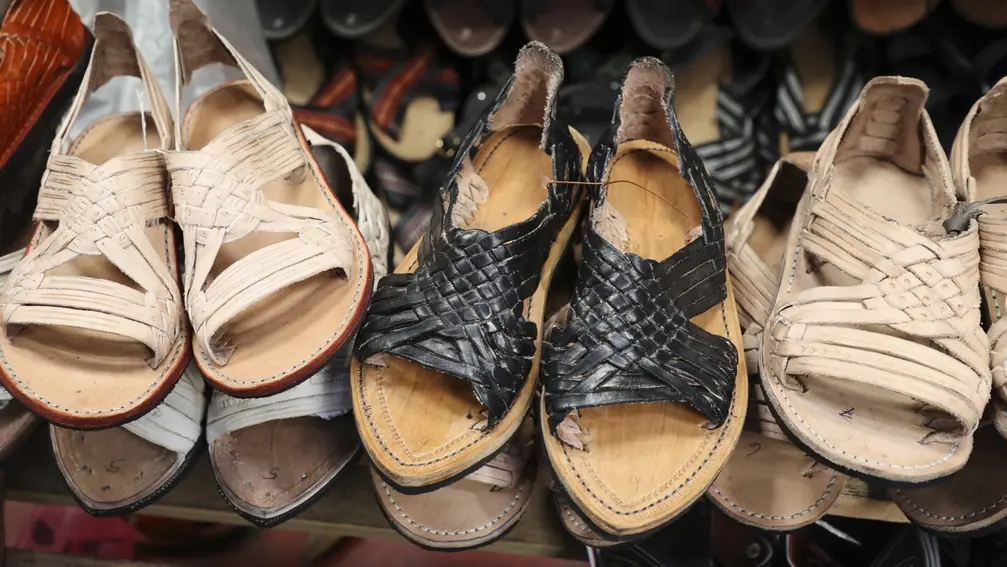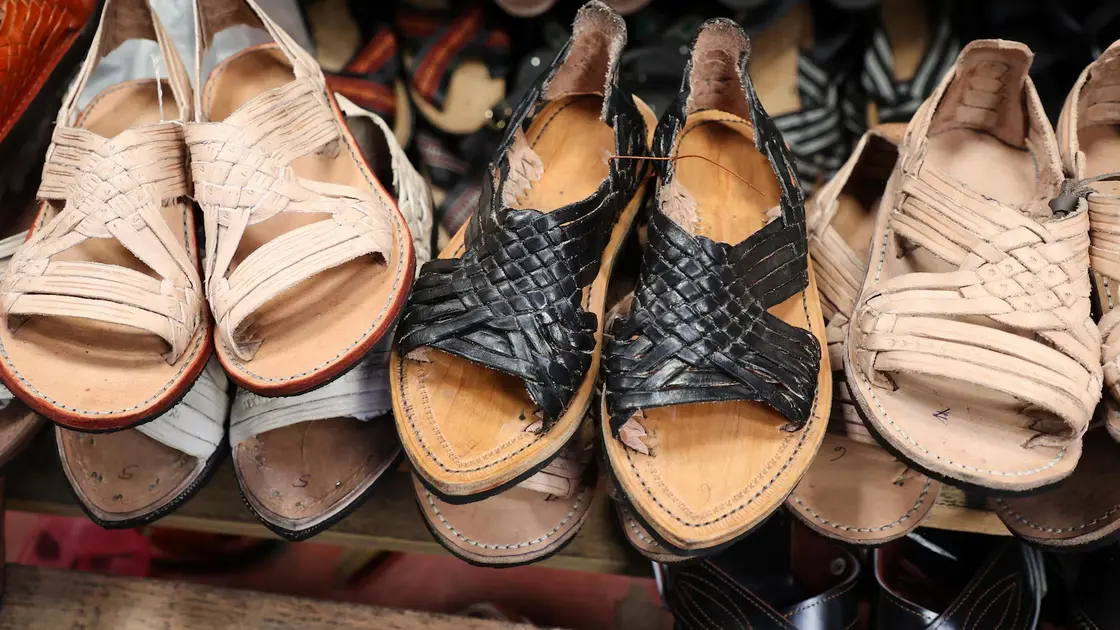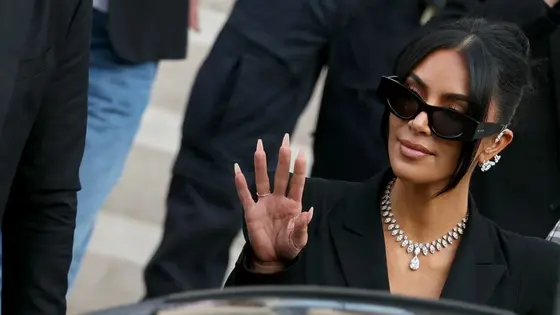T4K3.news
Fashion brands face cultural missteps
A Zapotec-inspired Adidas sandal sparks apologies and calls for co-creation with Indigenous communities.

A sandal by Adidas and Willy Chavarria draws claims of copying Zapotec huaraches, triggering apologies and calls for fuller collaboration with Indigenous communities.
Mexican-American designer apologizes for Adidas sandal design accused of cultural appropriation
Adidas unveiled a sandal named the Oaxaca Slip On, featuring braided leather straps on a chunky sole. Critics in Oaxaca say the braids resemble the traditional huaraches of the Zapotec people, especially those from Villa Hidalgo Yalalag, and accuse the brand of copying without community permission. Mexican authorities say designs like this have a long history of copying and promise tighter protections for Mexican designs. The episode comes as Adidas and Chavarria face broader questions about how fashion brands source inspiration from Indigenous crafts.
Chavarria apologized in a note addressed to the people of Oaxaca, saying the design was meant to honor the region but fell short of a direct, meaningful partnership with the Zapotec community of Villa Hidalgo Yalalag. Adidas also spoke of its commitment to collaborating with Yalalag in a respectful dialogue to repair the damage, and the company has asked to meet with local officials to discuss steps forward. The designer has previously built a reputation around blending Mexican-American identity with global fashion and has used platforms like Paris Fashion Week to critique policy issues, including deportation.
Key Takeaways
"I am deeply sorry that the shoe was appropriated in this design and not developed in direct and meaningful partnership with the Oaxacan community"
Chavarria explains the apology and need for true collaboration
"Adidas recognizes and values the cultural richness of Mexico’s Indigenous communities and the meaning of their artisanal heritage"
Adidas statement on acknowledging Indigenous heritage
"This falls short of the respect and collaborative approach that Oaxaca and its people deserve"
Chavarria on the impact of the design
"Adidas reaffirms commitment to collaborate with Yalalag in a respectful dialogue"
Brand pledge to repair relationship with the community
The case highlights a persistent tension in global fashion: how to honor cultural heritage while avoiding appropriation. The insistence on consent and partnership suggests a growing demand for ethical co-creation, especially when Indigenous artisans are the originators of the craft. If brands fail to engage communities early, they risk backlash, legal scrutiny, and reputational harm that can outlast a single product drop. The response from Adidas and Chavarria signals a shift from passive apology to active dialogue, but it also raises questions about what real reform looks like—clear guidelines, compensation, and long-term partnerships rather than post hoc statements.
As laws tighten in Mexico and elsewhere, brands may need formal agreements with communities before using sacred or traditional designs. For designers, this case underscores the responsibility that comes with cultural influence. For consumers, it tests whether fashion values transparency and collaboration as much as style and price. The future of culturally inspired design may hinge on demonstrated respect and shared ownership rather than clever altercations with heritage.
Highlights
- Design is a shared language not a closed closet.
- Culture deserves consent not convenience.
- We wear history we should honor it first.
- Collaboration beats appropriation every time.
Cultural sensitivity and policy risk
The episode underscores the risk of cultural insensitivity in global fashion and the potential for policy changes, backlash, and sustained scrutiny over Indigenous designs.
Consent and collaboration will define whether fashion can celebrate culture without eroding it.
Enjoyed this? Let your friends know!
Related News

High street retailers criticized for using thin models

Sydney Sweeney Backlash Update

Princess Andre featured in Tatler's best dressed list

Adidas Oaxaca sandal faces backlash

Ibiza Final Boss drives new viral trend

Kardashian stuns in jewelry at robbery trial

American Eagle Faces Backlash over Sydney Sweeney Ad Campaign

Sydney Sweeney faces backlash over American Eagle campaign
